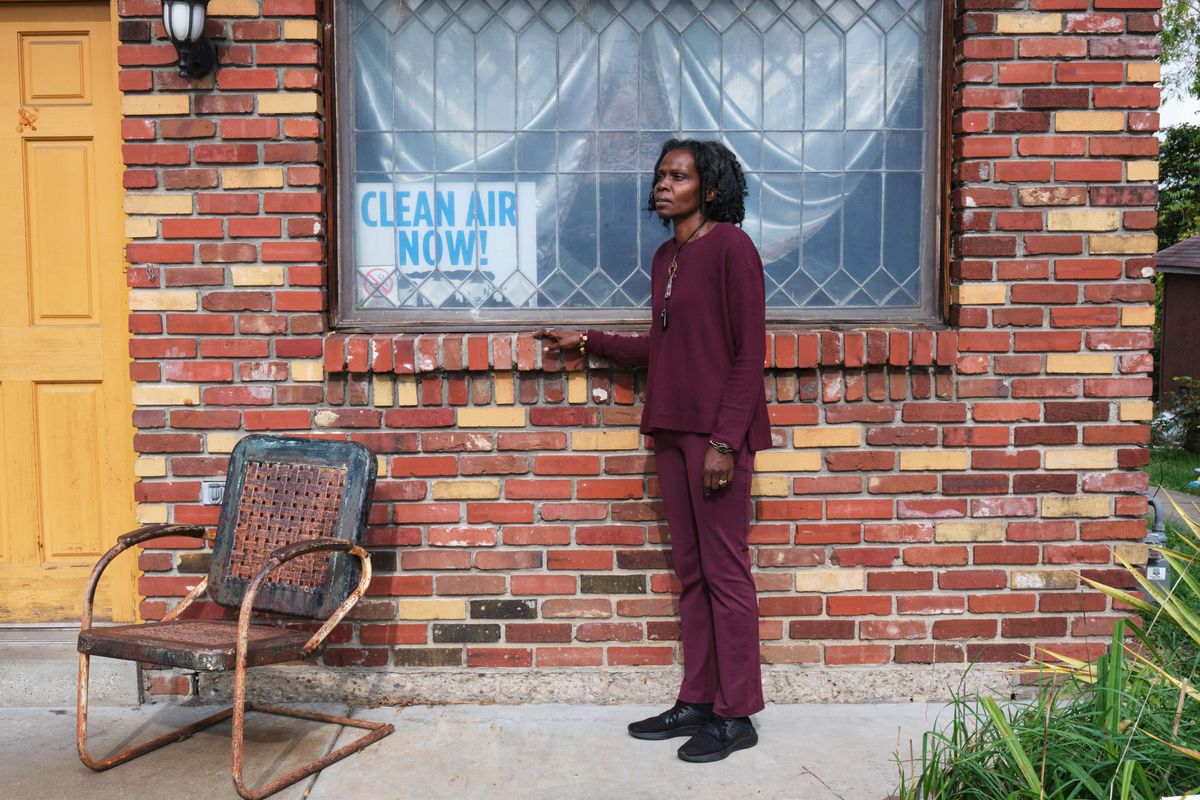
An investigation into the mental health impacts of air and water pollution in western Pennsylvania found alarming evidence that residents throughout the region are likely suffering changes to their brains due to pollution in the surrounding environment.
Reporting also uncovered the growing gap in mental health care as more people are traumatized by worsening climate change.
Here are the stories:
Story 1: Air pollution can alter our brains in ways that increase mental illness risk
Story 2: How contaminated water contributes to mental illness
Story 3: Feeling anxious about climate change? Experts say you’re not alone
Story 4: How to address the looming crisis of climate anxiety
Story 5: Seeking solutions: Pollution and mental health in western Pennsylvania
What we found
The collaboration between Environmental Health News and The Allegheny Front revealed:
- Harmful PM2.5 air pollution, which is linked to more ER mental health visits for children, is consistently higher in western Pennsylvania.
- Evidence that Clairton, Pa., which has some of the most polluted air in the country, is in the worst 25 percent of U.S. cities for adults experiencing 14 or more days of poor mental health each month.
- Air pollution is worse in environmental justice communities experiencing high poverty and crime, which exacerbate the local mental health toll. Black and Hispanic residents report more days of mental health struggles.
- Consistently high lead levels—which impact kids’ mental health—in regional water, contributing to the percentage of Pennsylvania children with elevated blood lead levels being more than twice as high as the national rate.
- There is profound concern, especially among many young people, about climate change, and research shows it is creating climate anxiety. Mental health experts say the profession has not yet prepared for the onslaught of this community trauma.
- There are efforts, including in Pittsburgh, to shift the current model of mental health care toward community-based care, training more people to help those with psychological needs, and creating new spaces for people to work together to discuss their feelings and experiences.
- More therapists are encouraging people to act, whether by writing to their Congressional representatives, joining climate activism, or just recycling at home, as a way to alleviate climate anxiety.
What we heard
What needs to happen
This series uncovered a disturbing link between common air and water pollution, climate change, and people mental’s health—but it also revealed that we need to do more so people don’t suffer this way.
We outline major studies in the U.S. and beyond examining environmental exposures and mental health, but the field is nascent and data are sparse. State and federal agencies responsible for regulating toxics in our air and water do not consider how this pollution influences our brain. This needs to change.
This investigation should prompt more regional and national scientific research on the intersection of the environment and our mental health.
Regulatory agencies should pay attention to this growing field and consider children’s and adults’ brains when taking action against polluters.
No one should suffer from mental illness because of where they live or from anxiety and stress from the climate crisis. This series shines a light on an under-appreciated impact of environmental insults and we hope it fosters conversations and action on mental health.
Environmental Health News is an award-winning nonpartisan organization dedicated to driving science into public discussion and policy. The Allegheny Front is an award-winning public media outlet focused on environmental news relevant to western Pennsylvania. The series was made possible with funds from the Pittsburgh Media Partnership.
Follow the fallout from this investigation on Twitter at the hashtag: #EHNmentalhealth
Story 1: Air pollution can alter our brains in ways that increase mental illness risk

Emerging research finds polluted air linked to mental health problems, leaving western Pennsylvania children and environmental justice communities at high risk.
Story 2: How contaminated water contributes to mental illness

New research indicates that childhood lead exposure impacts adult mental health. The toxic heavy metal is found across western Pennsylvania drinking water systems, leaving thousands of kids at risk.
Story 3: Feeling anxious about climate change? Experts say you’re not alone

Research shows more people are feeling anxious about the climate crisis and their numbers will only increase in the coming years. Experts are concerned it’s taking a toll on mental health.
Story 4: How to address the looming crisis of climate anxiety

As climate change worsens, the need will grow for mental health services. Some therapists are recommending climate action to ease worry. Others are advocating for community-based therapies to fill the gap.
Story 5: Seeking solutions: Pollution and mental health in western Pennsylvania

There are lots of ways to take action.
Banner photo: Melanie Meade outside of her home in Clairton, PA. (Credit: Njaimeh Njie)
